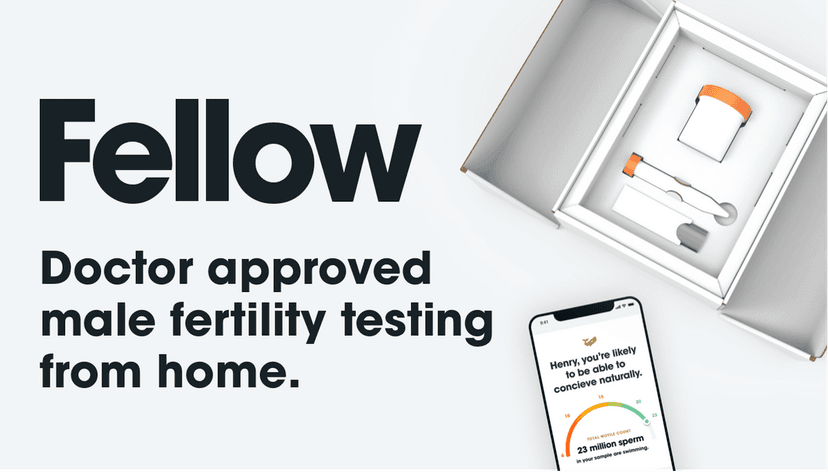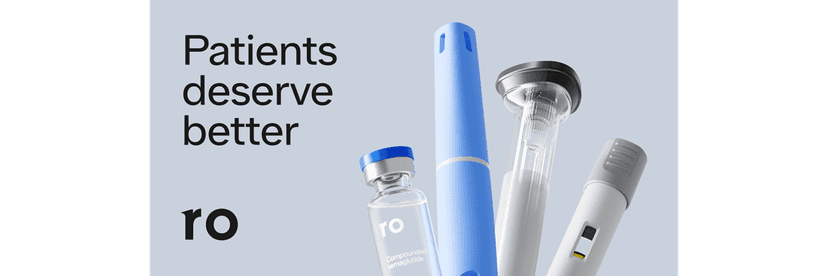Sexual health is an important part of a man's overall well-being. Problems like erectile dysfunction (ED) and low libido can cause stress, affect relationships, and lower self-esteem. Understanding these issues and knowing how to address them can make a big difference in a man's life. This article will explore the causes, treatments, and preventative measures for ED and low libido, as well as the role of hormones and psychological factors.
Key Takeaways
- Erectile dysfunction and low libido can significantly impact a man's quality of life and relationships.
- There are various causes for ED and low libido, including physical health issues, psychological factors, and lifestyle choices.
- Effective treatments include medications, therapy, lifestyle changes, and hormone treatments.
- Maintaining good cardiovascular health and a healthy lifestyle can help prevent sexual health problems.
- Addressing mental health and stress through counseling can improve sexual performance and overall well-being.
Understanding Erectile Dysfunction
Common Causes of Erectile Dysfunction
Erectile dysfunction (ED) is when a man has trouble getting or keeping an erection firm enough for sex. It affects about 30 million men in the United States. Common causes include health problems like diabetes, heart disease, and obesity. Lifestyle choices such as smoking, drinking too much alcohol, and not exercising can also lead to ED.
Psychological Impact of Erectile Dysfunction
ED doesn't just affect the body; it can also take a toll on a man's emotions. Men with ED often feel anger, frustration, sadness, or a lack of confidence. These feelings can make the problem worse. Being open with your partner and doctor can help you cope better with the condition.
Physical Health and Erectile Dysfunction
Your overall physical health plays a big role in ED. Conditions like high blood pressure, high cholesterol, and sleep disorders can contribute to ED. Regular check-ups and a healthy lifestyle can help manage these issues and improve sexual health.
Addressing ED openly with your partner and healthcare provider can make treatment less stressful and more effective.
Effective Treatments for Erectile Dysfunction
Medications and Supplements
Oral medications are a common and successful treatment for many men with erectile dysfunction (ED). These include drugs like Viagra, Cialis, Levitra, and Stendra. These medications help increase blood flow to the penis, making it easier to get and keep an erection. Other options include testosterone therapy if low testosterone levels are detected, penile injections, and intraurethral medication.
Therapies and Counseling
Therapies and counseling can be very helpful, especially if the ED has psychological causes. Talking to a therapist can reduce anxiety, stress, and other mental health issues that might be affecting sexual performance. Couples counseling can also be beneficial, as it helps both partners understand and address the problem together.
Lifestyle Changes
Making healthy lifestyle choices can improve ED. Regular exercise, a balanced diet, quitting smoking, and reducing alcohol intake can all have positive effects. Maintaining a healthy weight and managing chronic health conditions like diabetes and high blood pressure are also important. These changes not only improve ED but also boost overall health.
It's important to talk to a healthcare provider to find the best treatment plan for you. They can help you understand the risks and benefits of each option and consider your preferences and those of your partner.
Exploring Low Libido in Men
Causes of Low Libido
Low libido in men can stem from various factors. Common causes include hormonal imbalances, stress, and certain medications. Lifestyle choices, such as poor diet and lack of exercise, can also play a role. Additionally, psychological issues like depression and anxiety may contribute to a decreased sex drive.
Impact on Relationships
A low libido can significantly affect relationships. It may lead to misunderstandings, frustration, and emotional distance between partners. Open communication is crucial to address these issues and find solutions together.
Treatment Options
There are several ways to treat low libido in men:
- Medications and Hormone Therapy: These can help balance hormones and improve sex drive.
- Therapy and Counseling: Addressing psychological factors and relationship issues can be beneficial.
- Lifestyle Changes: Adopting a healthier lifestyle, including regular exercise and a balanced diet, can make a difference.
It's important to consult with a healthcare provider to determine the underlying cause and appropriate treatment for low libido.
The Role of Hormones in Sexual Health
Testosterone and Libido
Testosterone is a key hormone in male sexual health. It plays a major role in libido, or sexual desire. Low levels of testosterone can lead to a decrease in sexual interest and performance. Maintaining balanced testosterone levels is crucial for a healthy sex life.
Hormone Therapy Options
For those with hormone imbalances, hormone therapy can be an effective treatment. Options include:
- Testosterone replacement therapy (TRT)
- Estrogen therapy
- Progesterone therapy
These therapies can help restore hormone levels to normal, improving sexual function and overall well-being.
Monitoring Hormone Levels
Regular check-ups with a healthcare provider are important to monitor hormone levels. Blood tests can help determine if there are any imbalances. Keeping track of these levels can help in making necessary adjustments to treatments and maintaining sexual health.
Regular monitoring and appropriate treatment of hormone levels can significantly enhance sexual health and overall quality of life.
Preventative Strategies for Sexual Health
Maintaining Cardiovascular Health
A healthy heart is crucial for sexual health. Good blood flow is essential for sexual function. To keep your heart in shape, eat a balanced diet, exercise regularly, and avoid smoking.
Healthy Lifestyle Choices
Making healthy choices can improve your sexual health. Here are some tips:
- Eat a balanced diet rich in fruits, vegetables, and whole grains.
- Exercise regularly to maintain a healthy weight.
- Avoid smoking, excessive alcohol, and drugs.
- Manage stress through relaxation techniques like meditation or yoga.
Regular Medical Check-ups
Regular visits to the doctor can help catch and treat any health issues early. This includes monitoring blood pressure, cholesterol levels, and hormone levels. Don't hesitate to discuss any sexual health concerns with your healthcare provider.
Taking care of your overall health can lead to better sexual health. Simple lifestyle changes can make a big difference.
Addressing Psychological Factors
Mental Health and Sexual Performance
Mental health plays a big role in sexual performance. Stress, anxiety, and depression can all affect your ability to perform sexually. These feelings can make it hard to get or keep an erection. It's important to talk to a doctor or mental health provider if you're feeling down or worried.
Stress and Anxiety Management
Managing stress and anxiety is key to improving sexual health. Here are some ways to reduce stress:
- Practice deep breathing exercises
- Try meditation or yoga
- Get regular exercise
- Talk to a friend or counselor
The Role of Counseling
Counseling can help you deal with the emotional side of sexual health problems. A counselor can help you understand your feelings and find ways to cope. They can also help you talk to your partner about your concerns.
Taking care of your mental health is just as important as taking care of your physical health. Don't be afraid to ask for help if you need it.
Conclusion
Sexual health is an important part of overall well-being, and issues like erectile dysfunction and low libido can significantly impact one's quality of life. It's crucial to understand that these problems are common and treatable. By taking a comprehensive approach that includes lifestyle changes, medical treatments, and open communication with healthcare providers, individuals can effectively manage and overcome these challenges. Remember, seeking help is a sign of strength, and addressing these concerns can lead to a healthier, more fulfilling life.
Frequently Asked Questions
What is erectile dysfunction?
Erectile dysfunction (ED) is when a man has trouble getting or keeping an erection that's firm enough for sex.
What are common causes of erectile dysfunction?
Common causes include health problems like diabetes and heart disease, lifestyle choices like smoking, and mental health issues like stress and anxiety.
How can erectile dysfunction affect mental health?
ED can lead to low self-esteem, stress, and even depression. It can also cause problems in relationships.
What treatments are available for erectile dysfunction?
Treatments include medications, therapy, lifestyle changes, and sometimes surgery. It's best to talk to a doctor to find out what's right for you.
What is low libido?
Low libido is when a person has a reduced interest in sexual activity. It can be caused by many factors, including stress, hormonal changes, and relationship issues.
Can lifestyle changes improve sexual health?
Yes, healthy lifestyle choices like regular exercise, a balanced diet, and quitting smoking can improve sexual health and reduce the risk of ED.
























